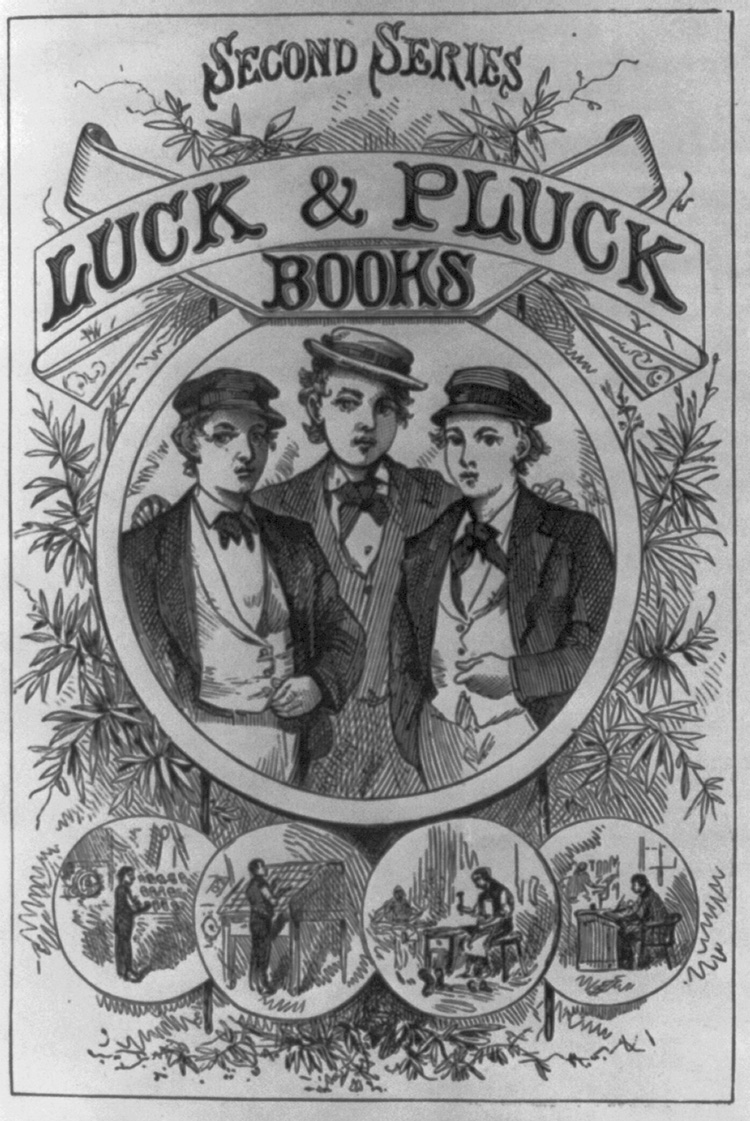For Tuesday, let’s read an excerpt from Pierre Levy’s “Collective Intelligence.” And, listen to James Suroweicki talk about the “wisdom of the crowds.”
By Tuesday, you should have a draft of your Wikipedia edit/article in your sandbox. (I think it’s easier, if you’re editing an existing page, to copy the whole existing article to your sandbox and add your edits there.) Before you begin moving your article/edits to a live Wikipedia page, you’ll need some peer review. (See Week 9 on our course dashboard.)
There are three ways to get feedback on your edit/page before moving from sandbox to Wikipedia:
- feedback from classmates. See the instructions (again, on “Week 9” under “Peer review and copy edit”) on our dashboard.
- feedback from content experts. To solicit this feedback, click on the “Get Help” button in your sandbox and choose a content expert to peek at your work.
- feedback from other Wikipedia student-editors. To do this, go to Intertwine and click on the button that says: “Peer Review Session.” Sign up for a peer review session.
Nota Bene: You will need two of these forms of peer review before you move anything to the live version of your Wikipedia page. Get started with peer review now – – to avoid last-minute difficulties.




